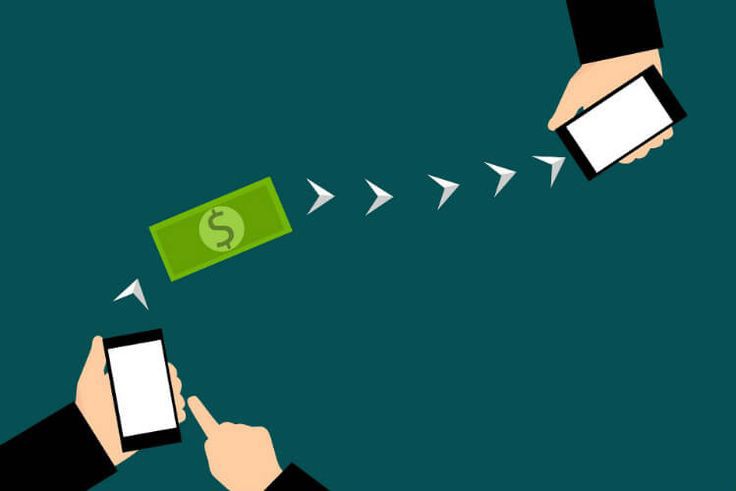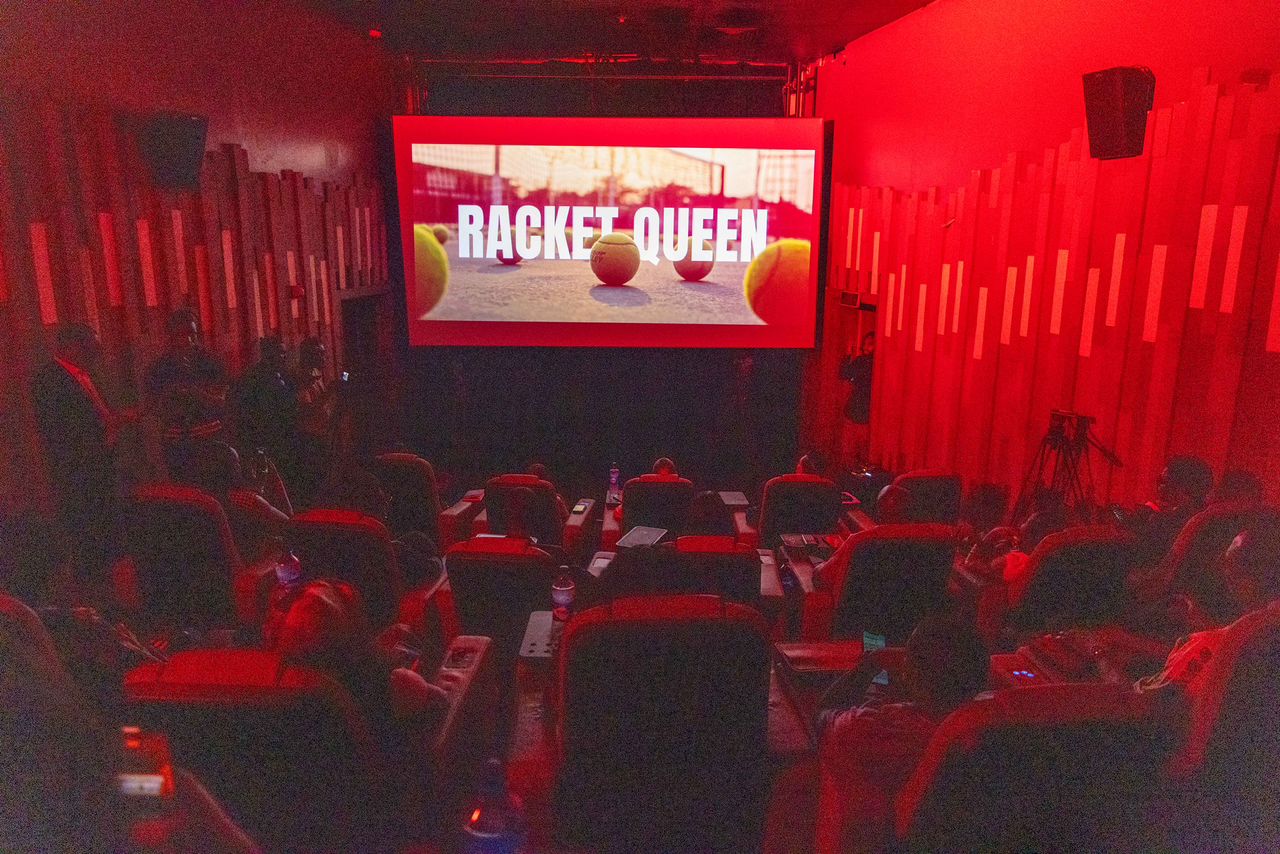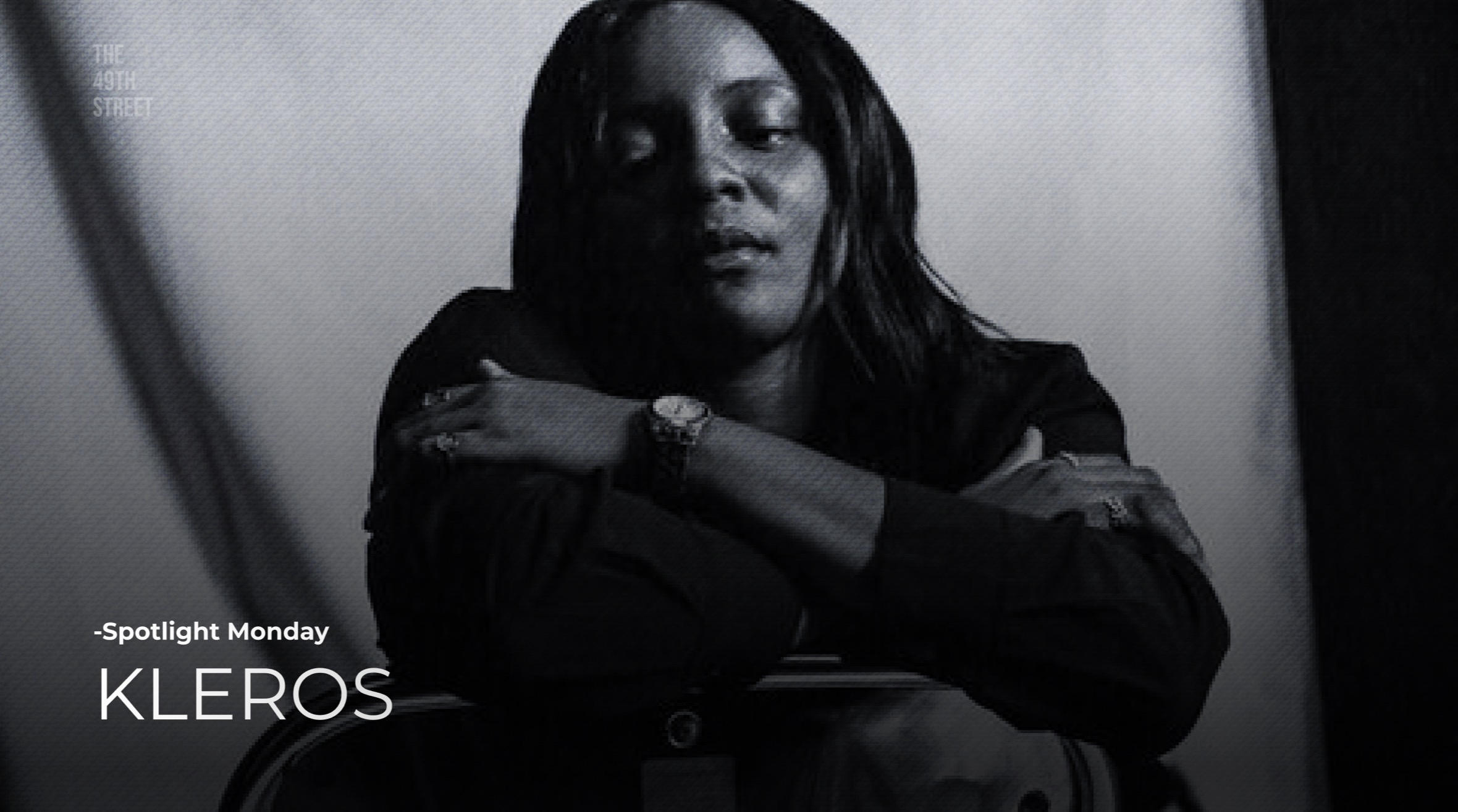What is the Nigerian dream? To japa to Canada, of course. But we can’t japa immediately, so we have to save up. And with the naira going lower than a limbo bar, the only other option is to find a way to earn in dollars, or euros, or yen, whichever one you prefer.
Say you’ve found a way, and another problem arises, how do you receive your money from abroad to Nigeria? And then convert it to naira? Because you can’t spend dollars in Naija, can you? Due to the CBN directive number make-life-difficult-for-Nigerians, it’s infinitely harder to receive money from abroad.
We curated a 49th Guide of the ways you can receive money from abroad and convert it to naira?
Side note – Seeing as we live in Nigeria where the system is designed to stress your existence out, some of these methods may not necessarily be easy or stress-free. Also, the company or individual you work for also plays a big part in which method you would use.
- Domiciliary Account –
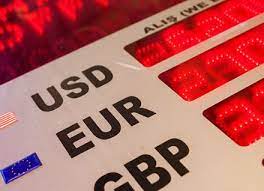
By far the most common method of receiving money, a domiciliary account (Dom account) is an account that doesn’t accept Naira. It does, however, accept foreign currencies like euros, dollars. Opening a domiciliary account is as simple as opening a normal bank account. Walk into your bank branch with your documents and you should be able to open a domiciliary account. The problem starts when you want to change the money to naira. In the past, your bank would only give you the currency that was sent. Say, you receive dollars, the bank would give you dollars. You have to find a Bureau De Change to change your money to naira. But as of August 5th, CBN banned (this seems to be the CBN’s favourite word by the way) the sale of foreign currency to BDCs, which has effectively crippled the black market. Now your bank would be the one to convert your money to naira for you, and the bank rates are often very, absurd. By absurd, I mean so ridiculously low you want to shed hot tears.
- Cryptocurrency –

This option is for people who are familiar with cryptocurrency or have accounts on buying platforms like Binance. If you receive money with a payment platform like Payoneer or Wise (formerly TransferWise), you can use the money (we’re going to use dollars for this scenario) to buy a fairly stable coin like usdt (tether usd) on a crypto trading platform. Easiest method is using Binance P2P using Wise. So, if you have 100 dollars (usd), then you buy 100 usdt at the rate of 1usdt for 1 dollar, you have 100 usdt. You get a buyer who wants to buy usdt and pay in naira, then you sell your usdt to that buyer at say 500 naira for 1 usdt, and then the buyer transfers money to your account.
This process is what Sendcash has made relatively easier.
- Sendcash –
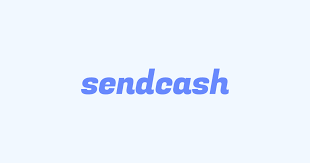
Sendcash is a way for people to send money from anywhere in the world to Nigerian accounts. Sendcash makes use of Bitcoins to carry out its transaction. Sendcash leverages on the already existing system of sending and receiving money using Bitcoin and makes the process seamless. Once you input your account number in Sendcash, you get assigned a Bitcoin wallet address to that account, then the sender sends Bitcoin to that address. Sendcash receives that bitcoin and sells it on their crypto platform, receiving payment and then sends you the naira equivalent through Paystack. This process needs pretty much no input on your part and according to the Sendcash support articles, it takes less than 5 minutes, that’s shorter than the time it takes to receive alerts from some local transfers.
(Since Bitcoin was banned, again, CBN likes making life hard for Nigerians, using Sendcash reduces the risk of getting your account restricted by Nigeria’s apex bank. Sendcash may be one of the top two ways of receiving money from abroad.)
- Flutterwave –

Receiving money from abroad through Flutterwave involves setting up a merchant account, creating a payment link and sending out your email invoice to your client. There’s also the option to receive payment with PayPal (the payment option that frustrates Nigerians to no end). Receiving a foreign currency with Flutterwave still involves you having a domiciliary account, except you use Barter. Barter is a Flutterwave feature, a web and mobile app. Barter allows you to receive money in your local currency. The sender would also have to download the Barter app.
- Payoneer –

Payoneer is a payment option similar to PayPal but can be accessed by Nigerians. Payoneer opens a U.S bank account that can be used as a normal bank account to conduct transactions. You send the account number that Payoneer has provided you with, to your company or client or whoever is paying you, when they pay into that bank account, it reflects in your Payoneer account. Or alternatively, you can create a payment request and your client would receive an email with a link to make payment. Withdrawing from your Payoneer is as simple as linking your bank account to Payoneer and withdrawing to that account, but the Payoneer rate is a little less than 400 naira (371 naira), so it’s a little low.
- Aboki Africa

Aboki Africa works by creating a virtual international bank account that functions like a normal one, similar to Payoneer. Once you receive money in your virtual account, you link it to your bank account and convert the money to naira. Your virtual account also functions like a wallet, you keep your money there until you’re ready to withdraw it. Note that Aboki Africa only creates accounts for Euros and Pounds for now.

